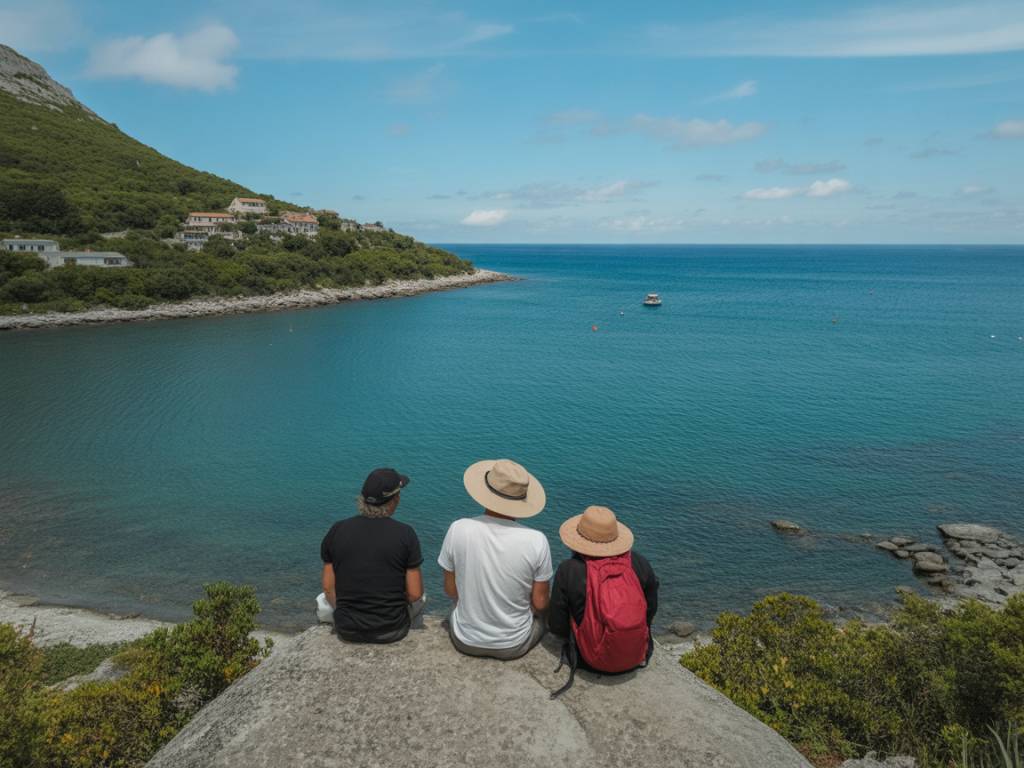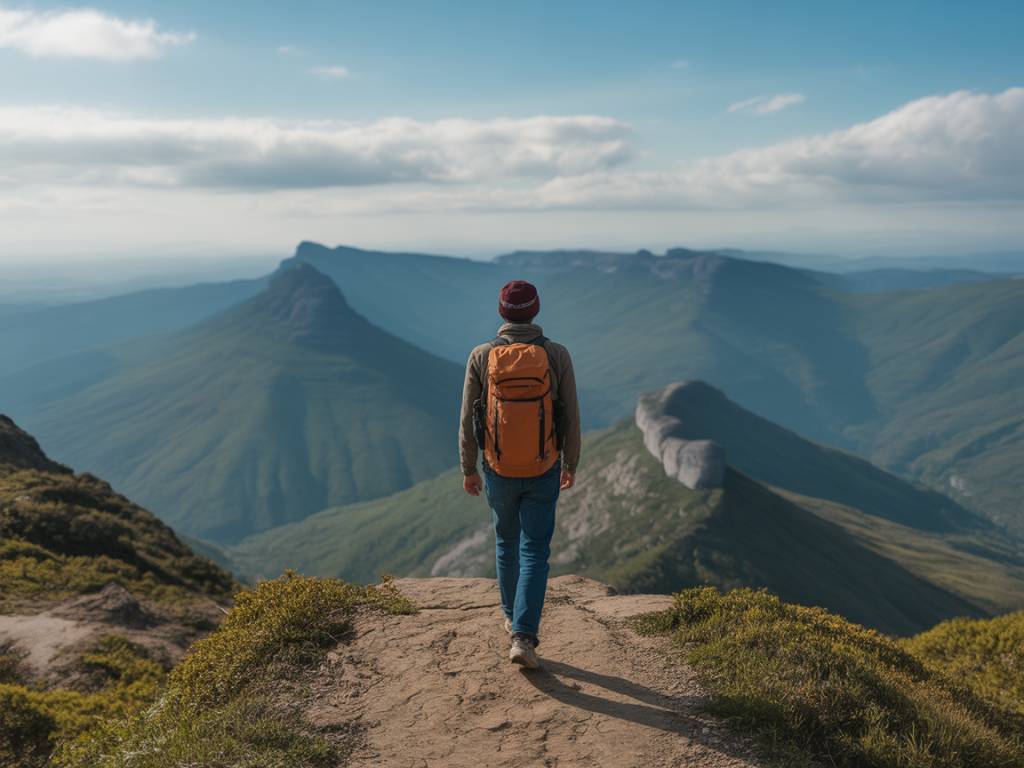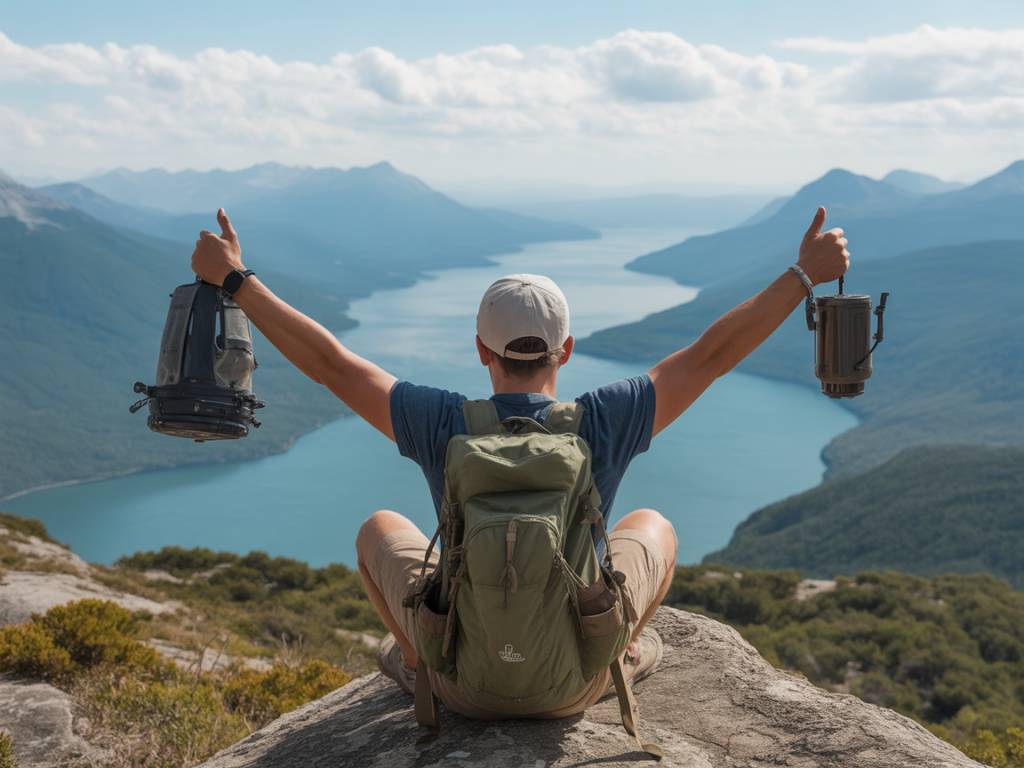Immersive travel experiences: why travel differently matters today
In an era marked by over-tourism and standardised travel packages, more and more travellers are seeking genuine connections and impactful adventures. Immersive travel, especially through itineraries created in collaboration with local communities, offers a meaningful alternative. Beyond the usual sights, this kind of experience invites you to discover a place through the eyes of those who live there — an approach that combines cultural enrichment, environmental consciousness, and social responsibility.
Opting for alternative travel routes has become more than a trend; it’s now a conscious choice. Travellers want to leave a positive footprint, contribute to local economies, and bring home more than photographs — they seek stories, relationships, and an understanding of diverse ways of life. Community-based tourism provides an opportunity to experience authenticity while helping preserve cultural heritage and bolster economic independence.
What does travelling with local communities mean?
Travelling with and among local communities means engaging in experiences that have been designed, led and managed by the people who live in the destinations you visit. From sleeping in family-run guesthouses to learning ancestral farming techniques or participating in cultural rituals, the traveller is no longer a mere observer but becomes an active participant.
This kind of approach transforms the journey into a cultural exchange. For example, spending a week in a remote Andean village learning about textile weaving from Quechua artisans, or helping cook traditional meals in a Berber community in Morocco, allows deeper understanding than any guidebook could offer. It is also a way to distribute tourism income more equitably and to empower communities through sustainable development.
Popular destinations for immersive travel with local communities
Certain regions around the world have become emblematic of this new type of travel thanks to well-established community tourism networks. Here are a few examples:
- Peru – Sacred Valley and Lake Titicaca: Indigenous Quechua and Aymara communities open their homes and traditions to visitors. Tours often include artisan workshops, agricultural activities, and traditional dance ceremonies.
- Thailand – Northern hill-tribes: Sustainable tours led by Karen, Hmong or Akha communities provide nature hikes, local cuisine tastings, and educational insights into minority groups.
- Morocco – High Atlas Mountains: Cooperative guesthouses allow cultural immersion, with experiences ranging from Amazigh cooking classes to trekking with muleteers.
- Indonesia – Flores and Sulawesi: Local homestays and ecotourism initiatives introduce visitors to island life, from fishing techniques to spice cultivation and storytelling evenings around the hearth.
Benefits of community-based immersive travel
There are multiple advantages to choosing immersive travel that supports local communities, both for travellers and the hosts. Here are some of the most significant ones:
- Authenticity: Discover destinations as they really are, far from mass tourism circuits.
- Mutual enrichment: Exchange knowledge, stories and laughter with hosts and their families.
- Preservation of traditions: Local cultures and crafts are revitalised thanks to the economic support of thoughtful tourism.
- Environmental sustainability: Most of these programs include eco-friendly practices such as permaculture, low-impact transport and waste reduction.
- Positive economic impact: Money spent directly supports families and micro-enterprises, often in rural or marginalised areas.
How to find ethical and immersive travel options
Although this form of travel is growing in popularity, it is crucial to select ethical and well-structured experiences. Navigating through countless offers online can be overwhelming, so here are a few tips to help you find reliable organisations and itineraries:
- Look for certifications such as Travelife, Fair Trade Tourism, or membership in community tourism networks like Tourism Concern.
- Read reviews from trusted sustainable travel blogs or forums like Responsible Travel.
- Prioritise direct contact with cooperatives or community organisations rather than intermediaries.
- Ask about how income is distributed — is the community truly in control of the tourism activities?
- Choose travel agencies that focus on slow travel, low-impact transport, and longer stays.
Preparing for an immersive trip with communities
Getting ready for a journey of this kind calls for more than just packing a bag. Before leaving, it’s important to prepare culturally and mentally to ensure that the experience is respectful and mutually enriching. Here are some things to consider:
- Learn a few words of the local language, even just greetings or polite expressions.
- Read about local customs and etiquette — what is acceptable in one culture can be offensive in another.
- Bring practical items rather than gifts — ask what the community truly needs or prefers.
- Be open to different rhythms of life — things might proceed slower than in your daily routine.
- Embrace offline living — in most of these remote places, Wi-Fi is limited, and that’s part of the charm.
Recommended products and travel gear for immersive experiences
If you’re planning to embark on a culturally immersive journey, having the right gear is essential. These items facilitate respectful interaction, eco-friendly mobility, and comfort in rural environments:
- Travel journal: Document your experiences, thoughts and local recipes or vocabulary.
- Reusable water bottle with filter: Helps reduce plastic waste and keeps you hydrated in areas where clean water may be limited.
- Eco-friendly toiletries: Solid shampoo, bamboo toothbrushes and biodegradable soap are ideal for off-grid travel.
- Lightweight, modest clothing: Especially important when visiting conservative rural areas.
- Solar charger: Access renewable energy when you’re away from the electrical grid.
Several ethically sourced travel shops now offer kits specially designed for community-based travel, including reusable items, travel guides and cultural etiquette tip sheets. These investments not only reduce your environmental impact, they also demonstrate respect for your hosts and their environment.
A new way to travel: travelling with purpose
Choosing to travel with and for local communities means going beyond a checklist of monuments and sights. It means listening to oral traditions, sitting around a family table, working the earth with someone else’s hands. It’s not just about discovering the world, but about recognising the faces and stories behind each landscape.
Immersive travel with local communities offers a transformative experience — one that stays with you long after you return, and one where your presence can help shape a more inclusive and sustainable travel industry.







